BIRA
By Esther Kwaku
(She makes the best banana pancakes. But that's not all she can do).
(Jinja, Uganda)
FLIPPING PANCAKES FOR FASHION
The colours of her gown and the husk in her voice hit me immediately.
"Wow, she’d make a great voiceover artist” I think to myself.
We sit down with Bira in her small pitch outside a weathered shopfront and we get down to chatting:
“They're made with banana, cassava flour and baking powder. Each pancake is 100 Ugandan Shillings and I make about 100 every day. I’ve been doing this for 3 years. Before this I was selling clothes but I used the capital to buy a goat and also my husband was buying a plot of land from a neighbour, so I also stopped the clothing to use that money and add onto the funds we needed for the land.”
At 2 pence per pancake Bira is making a little over £2 a day. Before costs.
The constant toggle of finding other means of income to keep her family secure has meant that she's opted for the low maintenance business of selling pancakes. It’s actually ideal for her in many ways. Bira is a person with albinism so being out of the sun is crucial. With this she can stay in the shade under the cover of the shopfront. The banana man comes round on his bicycle, she buys what she needs, her stove is there, a bottle of cooking oil, small bags of flour and her pans. It's compact, let’s say, the business all-in-all probably takes up around 1m² plus she has a couple of wooden benches for when her kids, family and customers stop by. That’s pretty much it.
SHE WANTS MORE.
Though she’s really good at this – and believe me I tasted those pancakes, those little badboys are delicious – this isn’t all Bira can do.
She wants to get back into the fashion game.
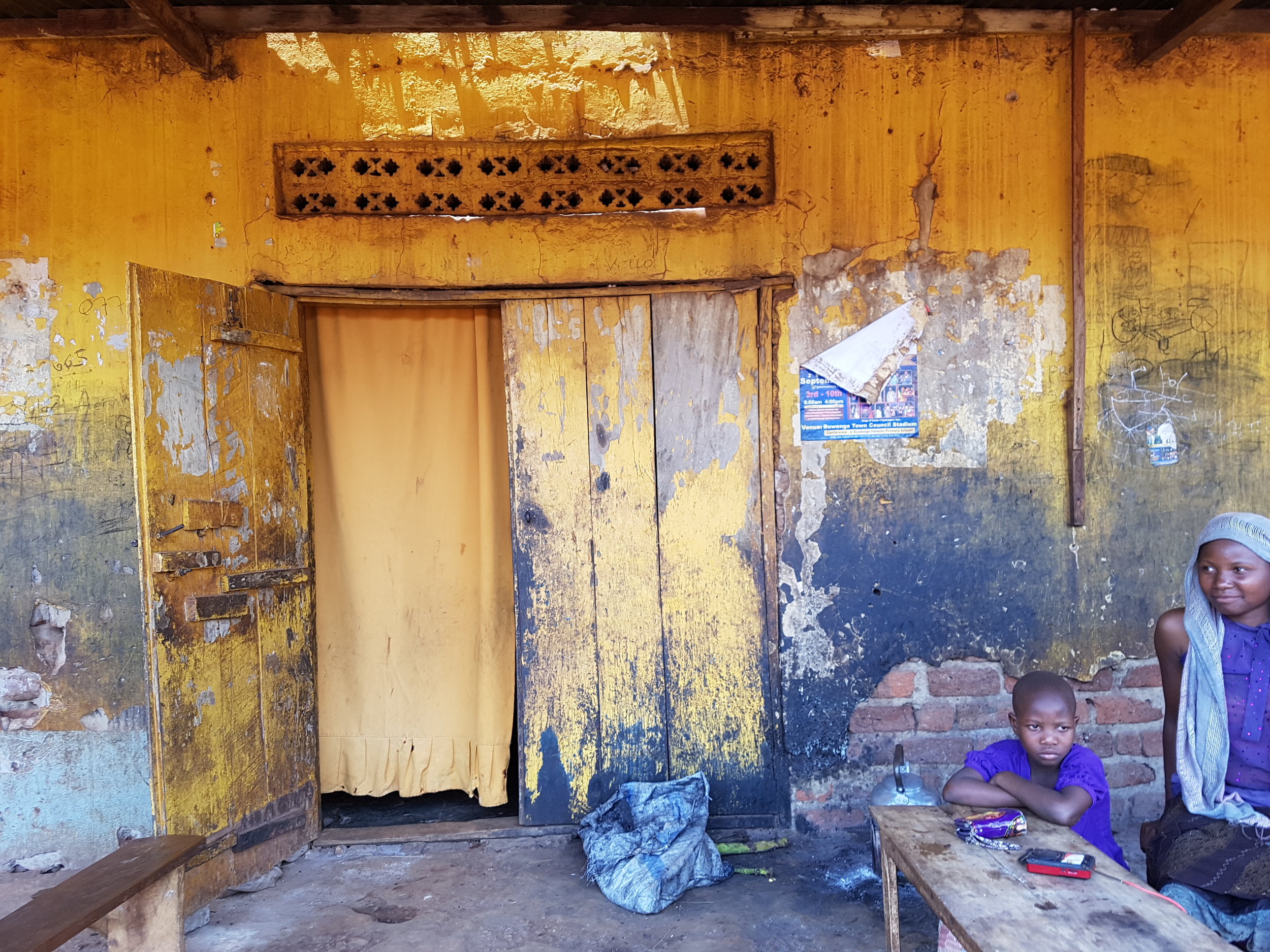
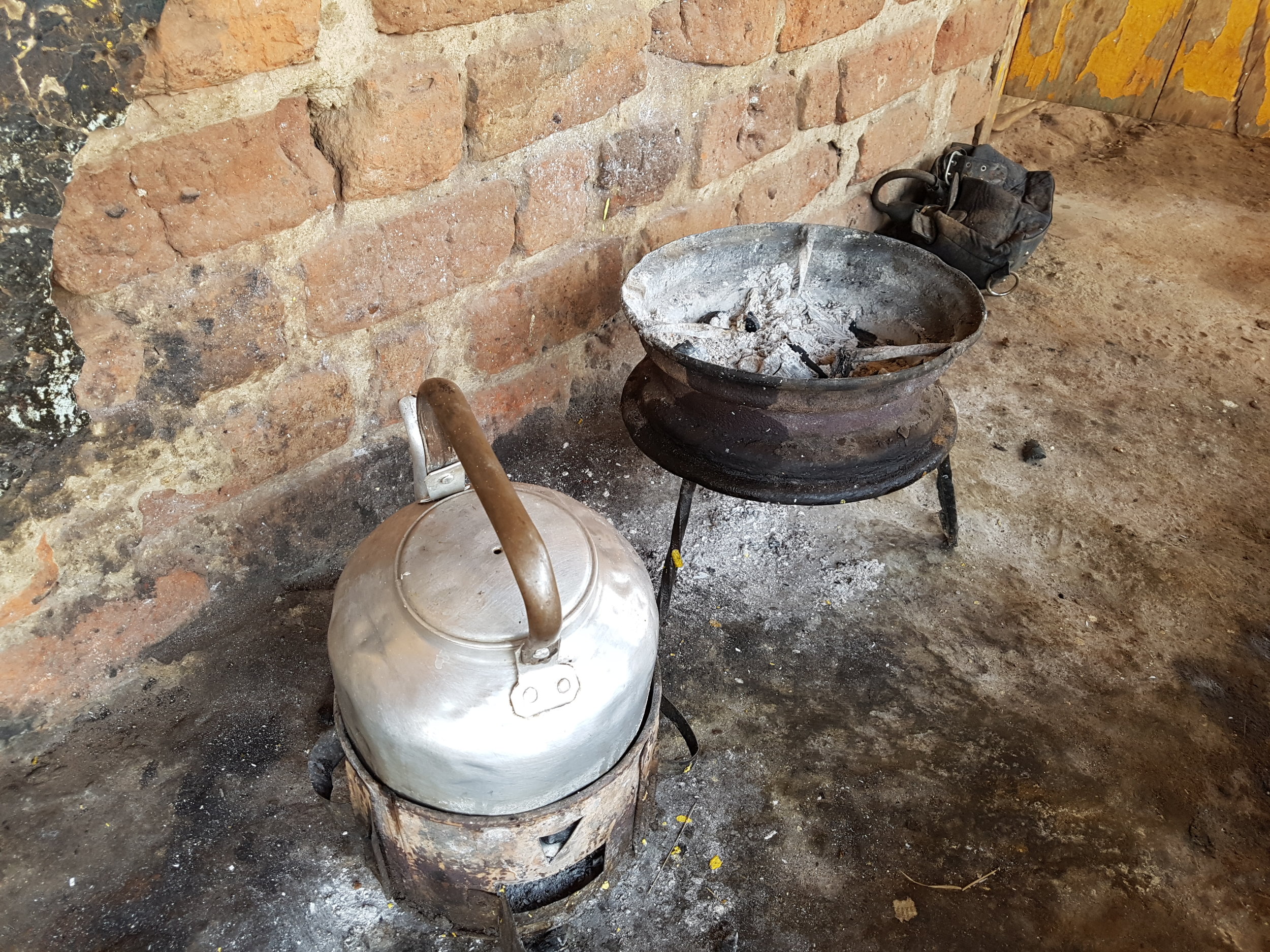
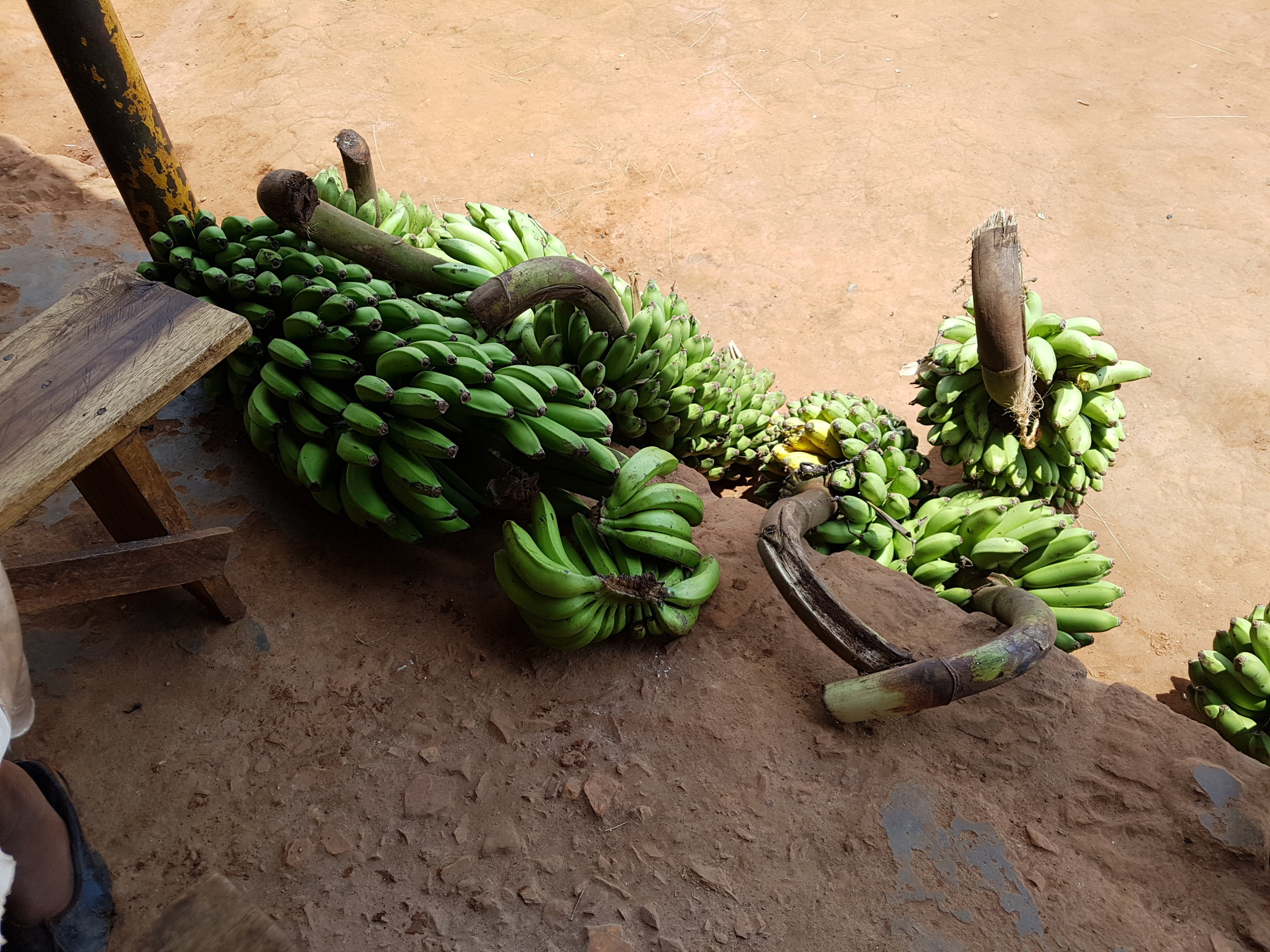
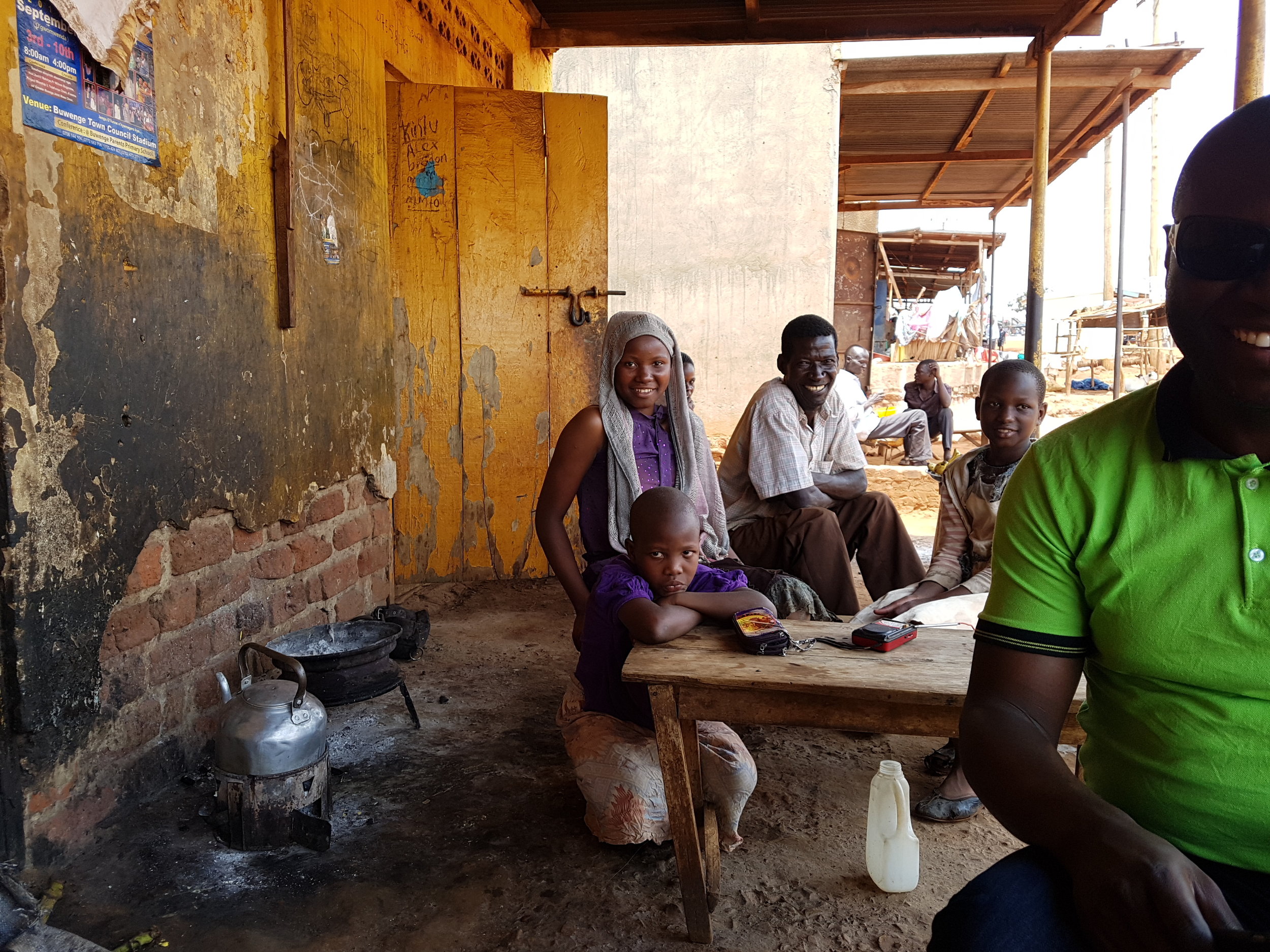
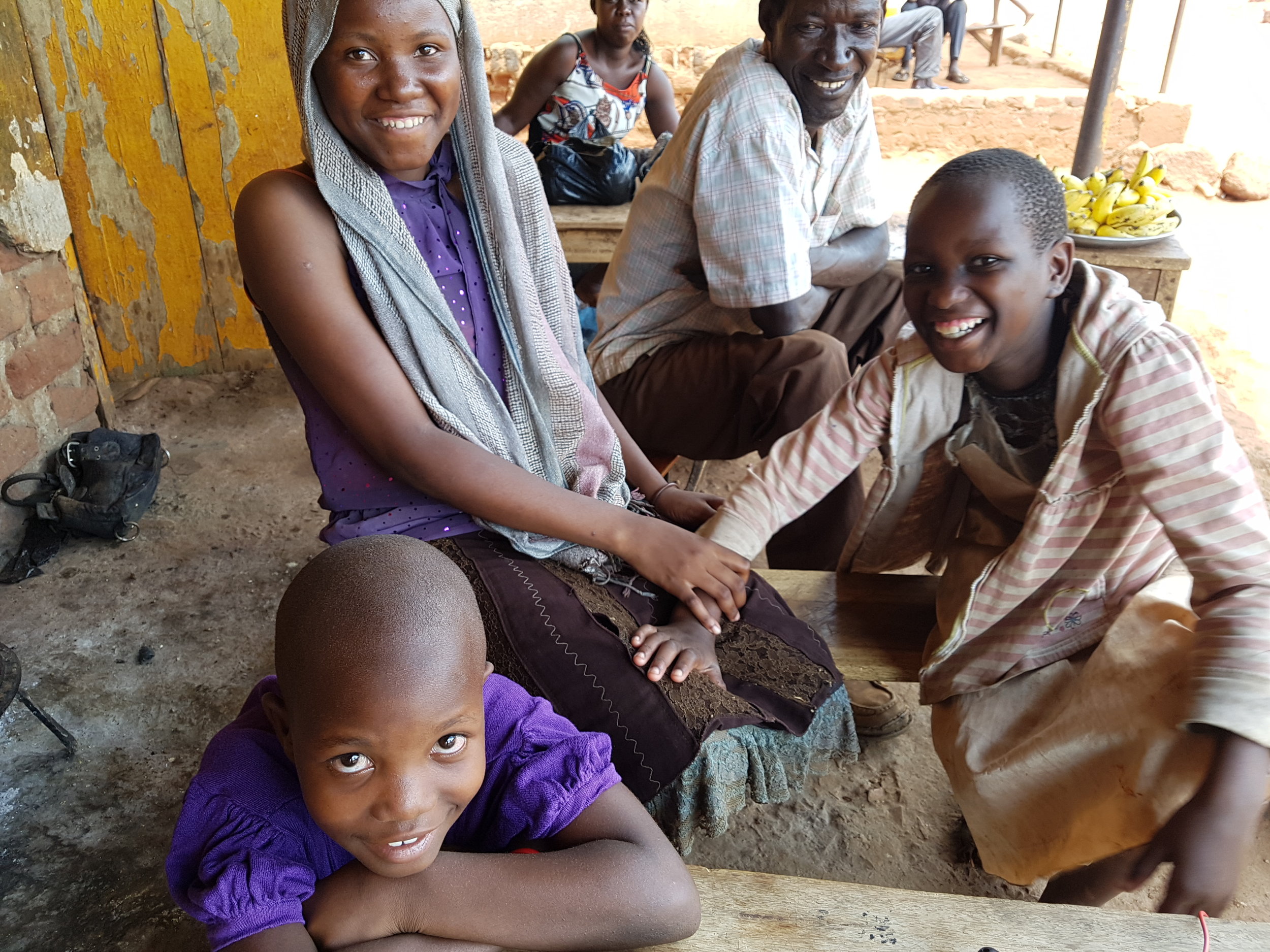
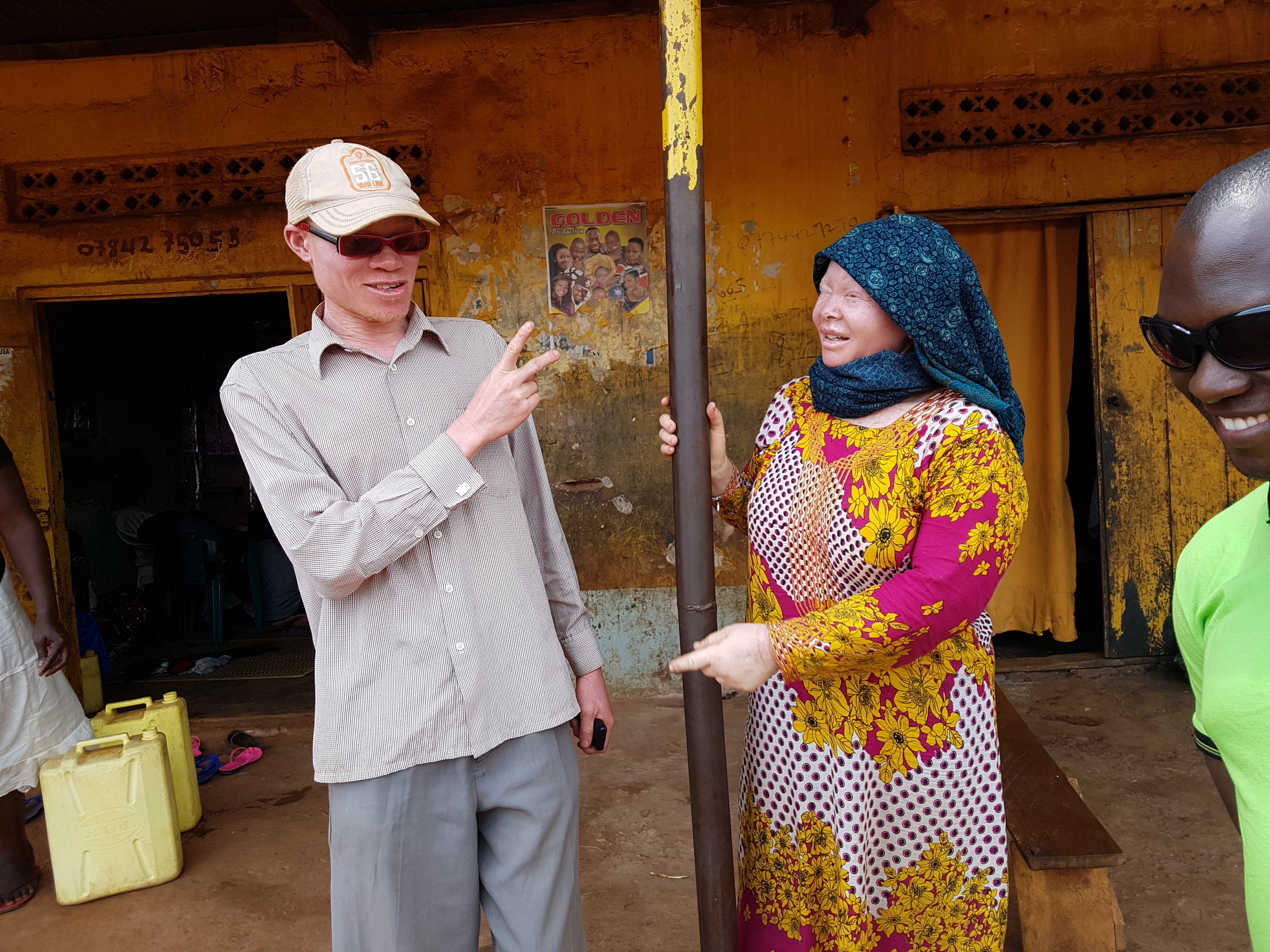
I ask her what’s stopping her from pursuing this and she says “capital” – and this is mostly the case whenever I ask this question of people.
“I want to get back to it but it’s a large capital requirement. I have no money to get a stall in a market and I'd like a kiosk of my own. We’re talking about maybe 300k (£63). With the pancakes, given the cost of cooking oil is high, this business has minimal profits but with clothing I know I can buy a skirt for 3k and sell it for 6k. I know I can make a 100% profit but doing this I just can’t generate the profit.”
When I ask Bira how long she thinks it will take her to raise the money she needs she says, depending on income, around 2 years.
That’s two years to save what, comparatively, is not a lot of money for us in the western world.
THE LIGHTBULB CONVERSATION
Sitting and reflecting on this with Bira I wondered what would happen if I really probed her. So I shared with her some examples of other work I’d been doing with communities and ways they’d managed to make more profit by thinking differently. I pitched to her the idea of perhaps by selling products online, or creating a clothing line, or even making products from unwanted materials. I could get some resources, a 'someone' to train her on things like marketing, exporting, selling and running the business profitably.
Suddenly, you could see her mind flash...and she started putting the pieces together. And then the questions began to flow. Our conversation went something like this:
Bira: "Where would this ‘someone’ be training?"
Me: "This is what I’m trying to discover, it could be someone in Uganda – a tailor, someone in manufacturing or export…"
Bira: "Hmm!"
Me: "Yes, this is just one example of how you could be thinking about your business”
(She takes long pause to reflect)
Bira: "About this person – are they supposed to teach us in a group or individually? And secondly am I supposed to pay that individual?"
Me: "All very good questions (because location is key) I would like to throw that back at you Bira, what would work for you?"
Bira: "I would prefer a group...but a group could be far away which would take me away from the business here but if the group is around here then it would be easier. This business needs to keep going. I’m doing this Monday to Saturday."
Me: "So that could be one idea…if there was an expert locally that could help you?"
Bira: "Am I supposed to get the expert or will you provide them?"
Me: "The idea would be for me to find the expert, I mean, it could be me…or maybe you even who know someone? If you did that could be useful, even better, because there may be someone locally who already knows how to do this."
Bira: "Actually I do know someone – she weaves baskets. She can make baskets with covers."
Me: "How long would the workshops need to be in order to not disrupt your work?"
Bira: "As long as the workshops are around here I have no problem with the time. If it’s like that I can go every day. Further away, like 30 mins on a motorbike, that's too far."
We wrap up the conversation with me telling her I'd like to take away what she said and work on something. Her parting comment is...
“I really want to do this. I want to get back into the clothing business. If there are ideas coming to me I can always adopt them, especially if it can in help me to pursue this without taking me too far away from this current business.”
Bira’s got it. She wants to do more. She can do more. She’s ready. SHE'S GOT NERVE.
(And that voice. Someone needs to book her. She'd be amazing).

